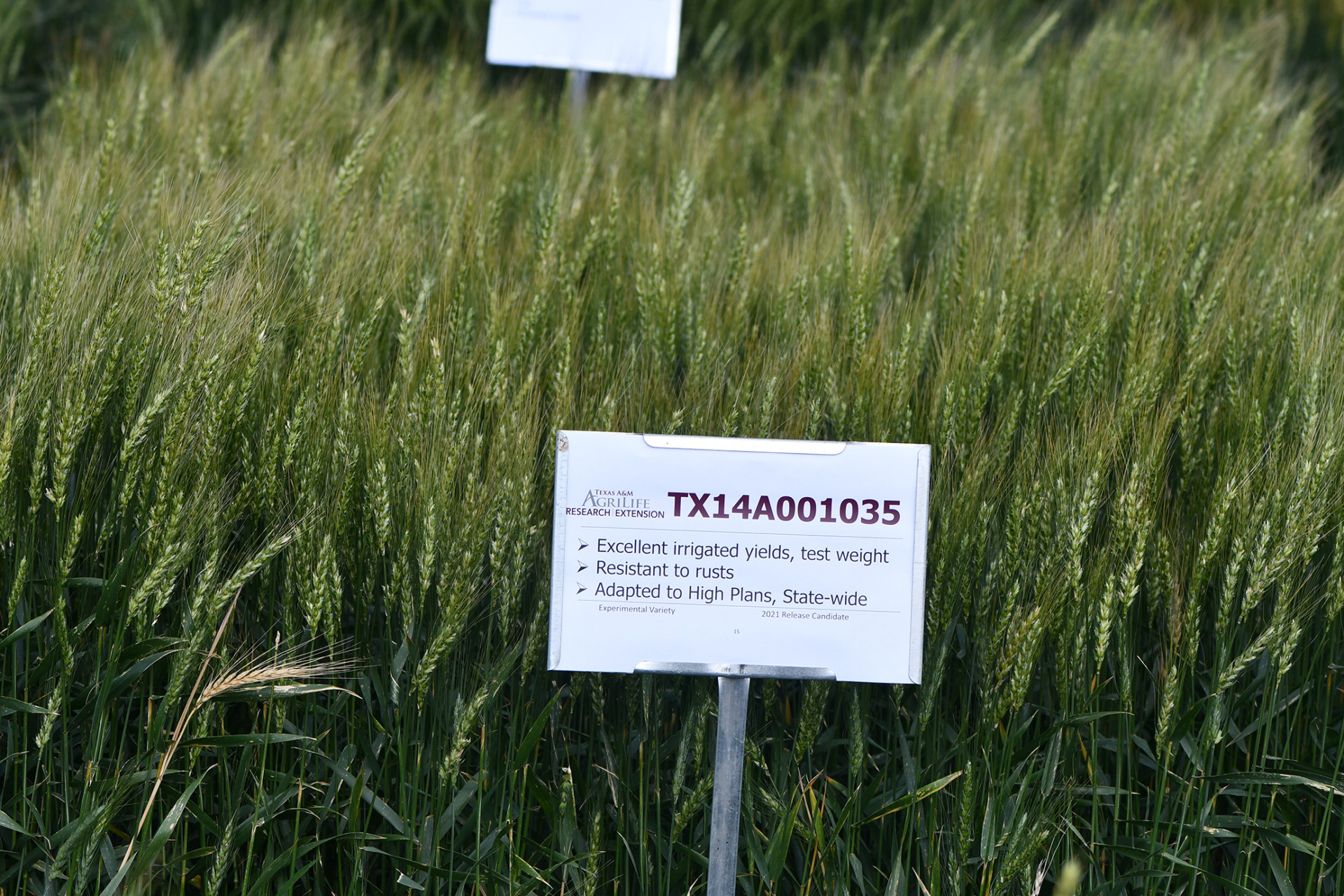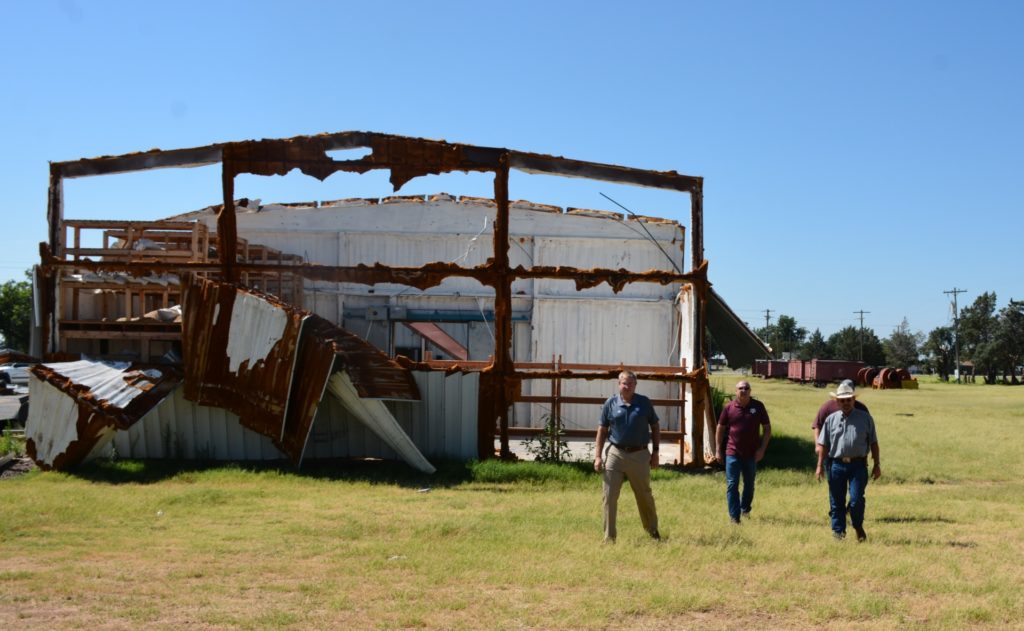Author: Lileen Coulloudon
-
Texas A&M AgriLife reopens research and extension facilities at Vernon
Texas A&M AgriLife has reopened upgraded research and extension facilities in Vernon following repairs and improvements after tornado damage. The restored spaces support research, outreach, and continued service to producers across the region.
-
Texas A&M AgriLife releases cover crop grazing guidance
Texas A&M AgriLife experts have released new guidance to help producers improve soil health while generating added income through livestock grazing on cover crops across the Southern Great Plains.
-
Professional society names Ale Texas Agricultural Engineer of the Year
A Texas A&M AgriLife professional has been recognized as Texas Agricultural Engineer of the Year for contributions to agricultural innovation, research support, and service to producers across the state.
-
Texas A&M AgriLife to develop market for high-oil peanuts
Texas A&M AgriLife researchers are working to expand market opportunities for high-oil peanut varieties, supporting value-added uses while maintaining strong agronomic performance for producers.
-
Crossing a new frontier in hardy hibiscus breeding
Texas A&M AgriLife breeders are advancing hardy hibiscus research to develop new varieties with improved color, adaptability, and commercial potential for growers and ornamental markets.
-
Texas A&M AgriLife’s public breeding program releases new wheat, triticale varieties
Texas A&M AgriLife’s public breeding program has released new wheat and triticale varieties designed to improve yield stability, adaptability, and performance across diverse Texas growing conditions.
-
Repairing tornado damage takes time, but research, outreach continue
Following tornado damage at Texas A&M AgriLife facilities in Vernon, research and outreach efforts continue while long-term repairs and rebuilding work move forward.
-
Tornado hits Texas A&M AgriLife facilities at Vernon
Severe weather caused significant damage to Texas A&M AgriLife facilities in Vernon, impacting infrastructure while staff and researchers worked to assess conditions and maintain essential operations.
-
New Tamrun peanut varieties announced
Texas A&M AgriLife researchers have announced two new Tamrun peanut varieties designed for earlier maturity and improved yield, offering producers additional options for efficient and reliable peanut production.
-
‘Brown-bagging’ crop seed affects producers as well as research advances
Saving and replanting protected seed, commonly known as brown-bagging, affects not only producers but also long-term research and variety development supported by public breeding programs.










